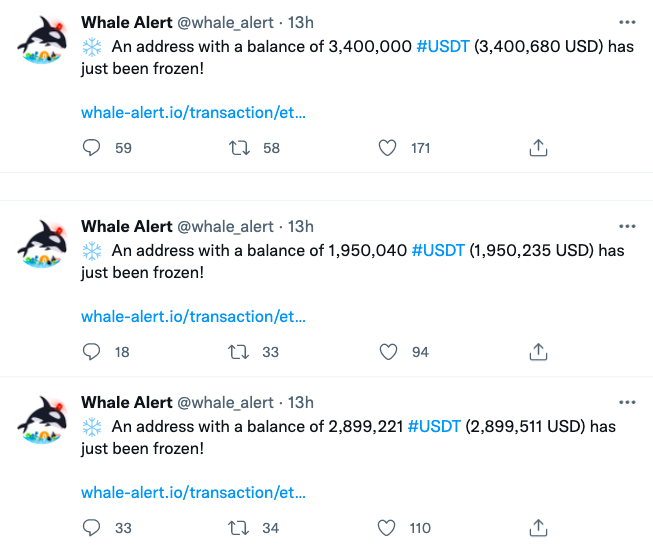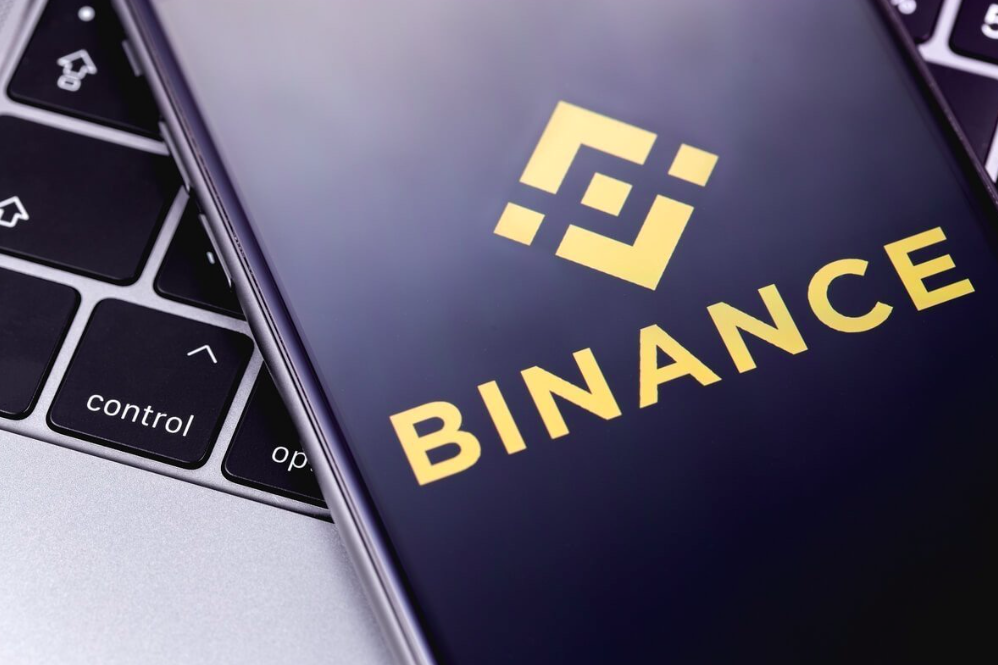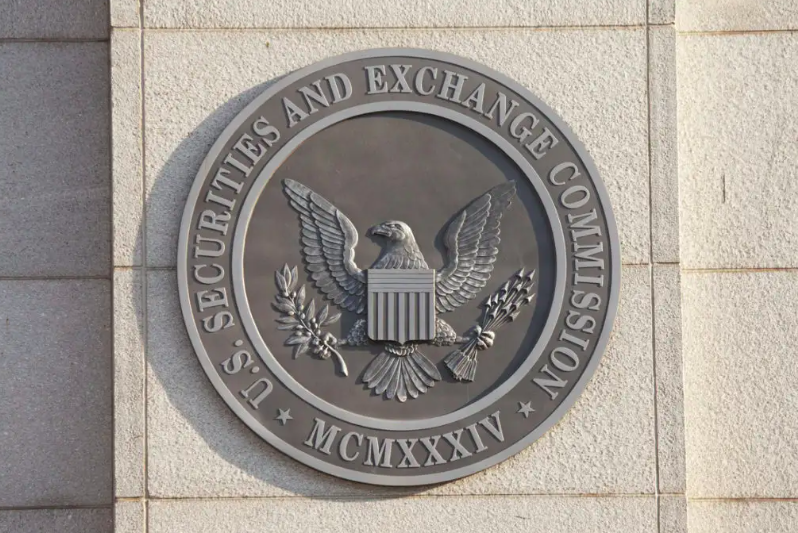Tether stablecoin issuer freezes 8.2M USDT on Ethereum: Data

Major stablecoin issuer Tether froze yet another batch of on the Ethereum blockchain, freezing more than $8 million worth of the cryptocurrency.
Crypto monitoring resource Whale Alert has identified several transactions that indicate Tether froze three USDT addresses on Oct. 10.
According to data from transaction logs on Etherscan, the frozen addresses hold 3.4 million USDT, 1.95 million USDT and 2.9 million USDT. The addresses are no longer able to move funds and collectively hold $8.2 million worth of the USDT stablecoin.

"Tether works closely with law enforcement worldwide to assist in investigations, including freezes," a spokesperson for Tether told Cointelegraph. The firm declined to comment on the nature of the new freezes, stating: "Tether cannot comment on any sort of collaboration with law enforcement agencies as part of its world-class compliance program."
The latest freezes are far from the first time for Tether to blacklist Ethereum-based USDT addresses. As previously reported, Tether froze three Ethereum addresses holding more than $150 million worth of USDT on Ethereum in January 2022.
Tether has been actively cooperating with regulators and has blacklisted a total of 795 USDT addresses on Ethereum since it first blacklisted a USDT address in November 2017.
According to data from a Dune Analytics dashboard compiled by Ethereum researcher Philippe Castonguay, Tether has added 215 Ethereum-based USDT addresses to the blacklist in 2022 so far. By comparison, Tether blacklisted 357 Ethereum-based USDT addresses in 2021.

The total amount of Ethereum-based USDT on all banned wallets is worth more than 443 million, or 0.64% of 65 billion USDT that is in circulation at the time of writing, according to data from CoinGecko.
This article is authorized for publication, and unless the source is indicated, it is submitted by users and does not represent the position of our website. If the content involves investment suggestions, it is for reference only and not as an investment basis.







